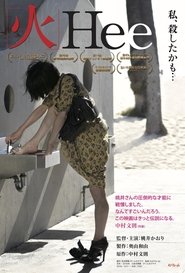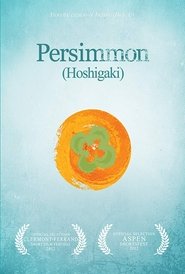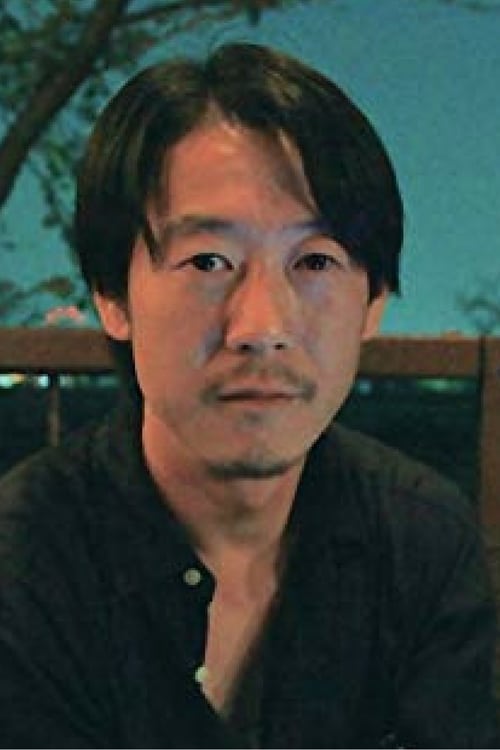detail profile yugo saso
Peran Yang Di Mainkan Yugo Saso
 A woman hires actors and strangers...
A woman hires actors and strangers...A Bride for Rip Van Winkle 2016
A woman hires actors and strangers to pretend to be her friends and family at her wedding.
 Years after she related to him...
Years after she related to him...Hee 2016
Years after she related to him the story of her parents’ death in a fire, for which – rightly or wrongly – she feels responsible, Japanese psychiatrist Dr. Sanada meets his former patient Azusa once again. Back then, she lambasted him for being wrong for the job. Back then, he let slip that she isn’t actually crazy. Now she’s a prostitute living in precarious circumstances in Los Angeles and is accused of murder, with her memories once again moving inexorably towards a fire. Sanada assesses her in the presence of an investigator who appears not to understand Japanese. Is Azusa now mentally ill for real? Was she back then? And why does the description of her tormentors upset him so?
 Tamotsu is expecting a persimmon to...
Tamotsu is expecting a persimmon to...Persimmon 2011
Tamotsu is expecting a persimmon to dry and yet he cannot accept that it is time for a man on his deathbed to die. As the persimmon mysteriously, or supernaturally, holds out from drying, so Tamotsu tries his hardest to keep the man alive. Only when Tamotsu has let go can the persimmon take its natural course.
 Two of the most radical student...
Two of the most radical student...United Red Army 2007
Two of the most radical student groups form the United Red Army (URA) and head into the mountains to conduct a training camp. Ideology devolves into despotism, and the URA's leaders begin to arbitrarily persecute their followers, a harrowing ordeal that culminates in violence and murder.
 Based on a reallife story this...
Based on a reallife story this...To End All Wars 2001
Based on a real-life story, this drama focuses on a small group of Allied soldiers in Burma who are held captive by the Japanese. Capt. Ernest Gordon, Lt. Jim Reardon and Maj. Ian Campbell are among the military officers kept imprisoned and routinely beaten and deprived of food. While Campbell wants to rebel and attempt an escape, Gordon tries to take a more stoic approach, an attitude that proves to be surprisingly resonant.

